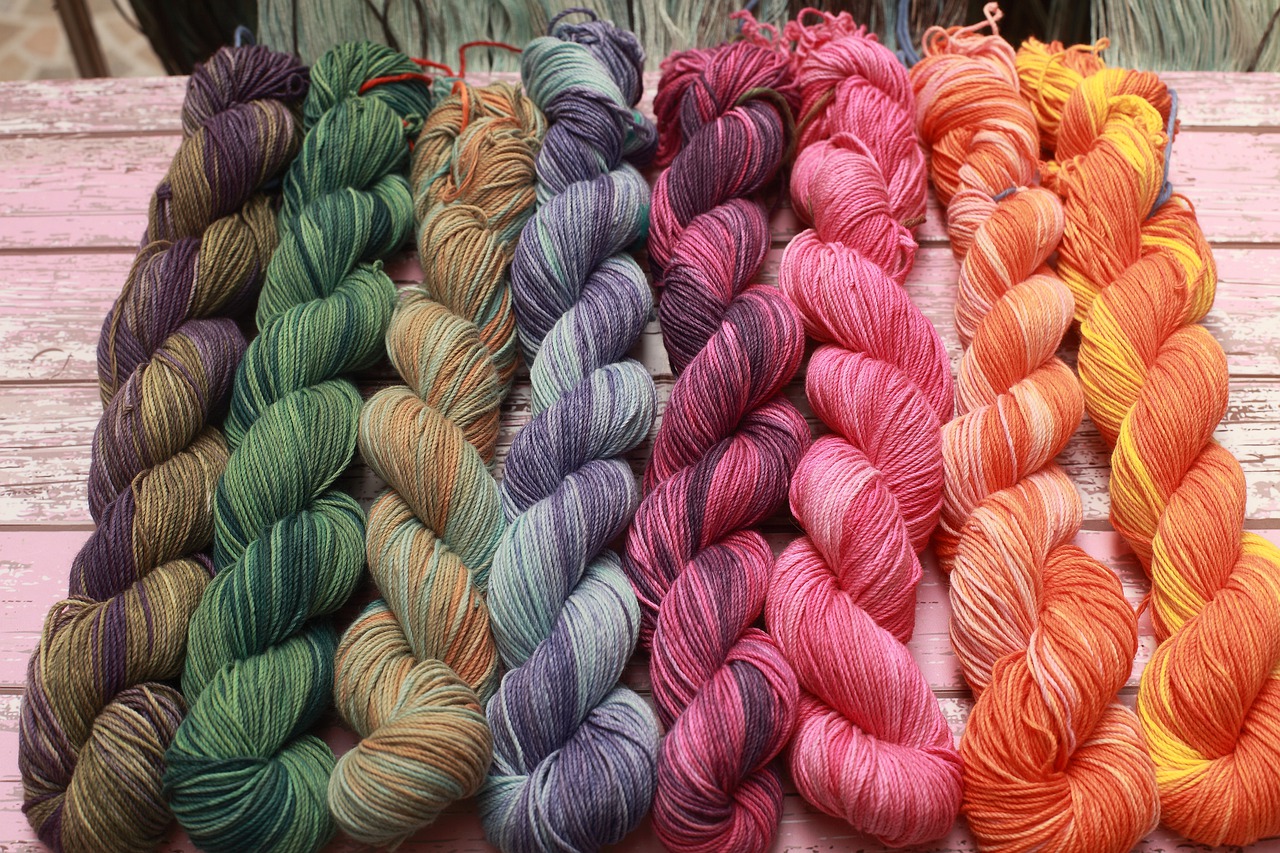Migraines are a common health concern that significantly impact our lives. It is estimated that over 1 billion people worldwide are affected by migraines, making them one of the most common neurological diseases globally.
But what is a migraine? Migraine headaches are the cause of intense throbbing or pulsing pain in a certain area of the head and may last for hours or even days at a time. They are sometimes accompanied by nausea and sensitivity to sound and light .
As a result, many sufferers seek out natural remedies as an alternative to traditional treatments such as medication. Natural remedies provide migraine relief without the need for drugs. They offer other benefits, such as reducing stress, improving sleep quality, and addressing causes of migraine pain.
This article will discuss what causes a migraine, the various home remedies for migraines, their effectiveness, and how to safely incorporate them into your lifestyle. It is time to learn everything about migraine self-care! Let’s dive in!
Causes of Migraines

Knowing what causes migraines can help prevent their occurrence. Common factors that contribute to the appearance of migraines include emotional or physical stress, hormone changes (such as menstrual cycles), environmental conditions (such as bright lights or loud noises), sleep disturbances, and medications. It’s important to identify any triggers that might be causing this condition so that you can avoid them.
Other known triggers that can cause migraines are the following:
- Diet: Certain foods, such as processed foods, alcohol, and aged cheese, have been known to trigger migraines.
- Weather Changes: Changes in barometric pressure, temperature, and humidity can cause migraines in some people.
- Genetics: Migraines may run in your family, meaning that there can be a genetic component.
- Medical Conditions: Migraines can be a symptom of certain medical conditions like depression, high blood pressure, and anxiety.
Needed Changes to Help Prevent Migraines
Making changes to your lifestyle can also help in preventing migraines. Here are some strategies that may help:
- Manage Stress: Practicing relaxation techniques like meditation and deep breathing may help reduce your stress levels.
- Eat a Healthy Diet: Create a balanced diet with whole grains, fruits, and veggies, to reduce the risk of migraines.
- Get Enough Sleep: Establishing a regular sleep routine and getting enough sleep may help prevent a migraine.
- Exercise Regularly: Regular exercise benefits our physical and emotional state and can also help reduce the frequency and severity of migraines.
- Avoid Triggers: Avoiding known triggers, such as certain foods or environmental factors, can help prevent migraines.
Keeping a migraine diary may help you determine the patterns of when your migraines occur and what might trigger them. Once you identify any possible triggers, you can take steps to reduce or avoid them so that you may be able to decrease the frequency and severity of your migraines.
If lifestyle changes don’t seem to help with your migraine symptoms, talk to your doctor about other treatment options. Knowing what causes migraine headaches is the first step in finding relief. With lifestyle changes and right medical treatments, you may be able to greatly reduce or even eliminate your migraine headaches.
Essential Oils For Migraines
While several medical treatments are available for migraines, some people turn to essential oils as a natural way to alleviate symptoms.
So how to stop a headache immediately at home? Essential oils are plant extracts used for their therapeutic properties for centuries. They contain the essence of the plant’s flavor and fragrance. They are often used in aromatherapy and have several health benefits. An excellent option for instant migraine relief at home, they can help with the following:
- Pain relief
- Relaxation
- Stress reduction
They have anti-inflammatory properties and can offer calming aromas that help relax your mind and body.
Best Essential Oils for Migraines

The market offers an endless selection of essential oils to choose from, but not all will be useful in curing a migraine. To overcome the periods when migraines are intensive, try the following essential oils:
- Peppermint Oil: Peppermint oil has been shown to have a cooling effect on the skin, making it an excellent option for reducing migraine pain. It contains menthol, which helps to relax muscles and improve blood flow.
- Lavender Oil: It’s known for the calming properties and may aid in stress reduction. It can help alleviate tension headaches, a common type of migraine.
- Eucalyptus Oil: Eucalyptus oil has a cooling effect and anti-inflammatory properties that can help reduce migraine pain.
- Rosemary Oil: Rosemary oil is known to improve circulation and reduce inflammation, making it a fantastic option for reducing migraine symptoms.
How to Use Essential Oils for Migraines
Here are some ways how to use essential oils for migraines, including:
- Inhalation: Add several drops of the oil to a diffuser and inhale the fragrance. If you don’t own an inhaler, use a bowl of hot water where you’ll add several drops of the oil and inhale.
- Topical Application: Dilute the essential oil with a carrier oil, such as coconut oil or jojoba oil, and apply it to your temples or the back of your neck.
- Bath: Add essential oil to a warm bath and soak for half an hour.
- Compress: Add a few drops of essential oil to a cold or hot compress and apply it to your forehead or the back of your neck.
It’s crucial to note that essential oils should not be ingested. Some essential oils may even cause skin irritation if not diluted properly. Always consult with a medical professional before using the essential oils, especially if you are dealing with any health conditions.
Herbal Supplements For Migraines
When it comes to managing the pain of migraines, herbal supplements offer a natural way to help with migraine relief at home. They have been present in many cultures as a form of healing for centuries, and today they are becoming increasingly popular as an alternative to traditional medicine. Herbal supplements provide numerous benefits and can be effective as an instant migraine relief.
Best Herbal Supplements for Migraines
You may have plenty of benefits from numerous herbs if you are suffering from migraines. Some of the most effective include:
- Butterbur: Butterbur is a herb that has anti-inflammatory properties and can help reduce migraine frequency and intensity. Available as capsules, they should be taken following the instructions of the manufacturer.
- Feverfew: Used for centuries, Feverfew is an herb that helps people treat migraines. The compounds found in it can help reduce inflammation and pain. It is available in capsule form.
- Ginger: Ginger is a root that has anti-inflammatory properties and can help reduce nausea, which is a common symptom of migraines. It can be consumed in tea or capsule form.
- Magnesium: This is an important mineral for the proper nerve and muscle function. It’s known to help reduce the migraine frequency and severity. It is available in supplement form, and the recommended dose is usually 400-500 mg per day.
Precautions & Possible Side Effects of Herbal Supplements
Herbal supplements may not be suitable for everyone, as some may cause unwanted side effects or interact with certain medications. You should take precautions before using herbal supplements for migraines. Here are some things to keep in mind:
- Consult with your doctor before starting to use any herbal supplements, especially if you have any health conditions or are taking other medications.
- Always follow the instructions of the manufacturer when using herbal supplements.
- Stop using the supplements if you experience any adverse side effects, including allergic reactions or upset stomach.
- Stick to the recommended dose of any herbal supplement.
- Some herbal supplements can interact with some prescription medications, so checking with a healthcare professional before using them is essential.
Home Remedies For Migraines
Home remedies provide simple, natural, and accessible treatments that don’t require expensive medical equipment and medications, visits to a specialist, or drugs. They are simply items found in your kitchen that you can use as migraine cures.
They should be accompanied by changes in your diet, managing stress levels, or using aromatherapy oils. While these may not cure the migraine completely, they can reduce its severity and frequency, making life easier. Home remedies also allow you to take control of your own health, avoiding expensive medications or doctor visits.
Best Home Remedies for Migraines

One of the best home remedies for migraines is dietary changes. Certain foods like aged cheese and processed meats (salami, pepperoni, etc.) can trigger migraines. Avoiding these can help reduce the severity of migraine attacks.
On the other hand, consuming foods rich in magnesium can help mitigate headaches since it relaxes constricted blood vessels that often cause migraine pain. Other dietary suggestions include drinking more water, as dehydration can worsen symptoms. Consume plenty of fruits and vegetables and stick to eating healthy fats.
Other valuable home remedies for migraines include stress management, aromatherapy, and massage. Stress can trigger or worsen headaches, so take time every day to unwind. Practice yoga and meditation, or simply have a warm bath to reduce the likelihood of experiencing a migraine attack. Aromatherapy oils are also beneficial as they contain properties that help relieve stress and pain. Massage helps loosen tight neck and shoulders muscles, which are a potential trigger for headaches.
How to Use Home Remedies for Migraines
If you are not sure how to use home remedies to reduce migraines at home, here are a few tips:
- For dietary changes, try keeping a food diary for several weeks to track what you eat and whether it affects your migraine frequency or intensity.
- In terms of stress relief activities, try different methods to find the one that fits you since everyone is different.
- For aromatherapy oils, experiment with different scents until you find a fragrance that helps soothe your headache – lavender and peppermint are popular choices.
- Lastly, massage techniques can be found online or in books. However, if you have severe headaches, you should seek professional advice before trying a massage at home.
Lifestyle Changes to Prevent Migraines
Making lifestyle changes is important for those suffering from migraine headaches because it provides an additional layer of protection against them. Diet, exercise, sleep habits, stress levels – all these play a role in keeping your brain healthy and reducing the frequency and severity of migraines.
When considering which type of lifestyle change may be best for preventing migraine attacks, start by looking at what may have triggered your last attack. Was it a lack of sleep? Too much stress? Eating certain foods? Identifying your triggers will help you understand which type of lifestyle changes to make first.
Once you’ve identified the potential lifestyle changes that aid migraine prevention, the next step is making them stick.
- Think small and start simple. Don’t overwhelm yourself by tackling too much at once. Instead, focus on one lifestyle change at a time and aim for gradual progress rather than drastic change overnight.
- Reach out for support from your family and closest friends who encourage and motivate you on your journey.
- Celebrate small successes along the way – even if it’s just a single day without a migraine or an improvement in your sleep routine.
Making these lifestyle changes will take time and effort, but fewer migraine attacks are worth the payoff. So don’t wait – start today, and you could be one step closer to living migraine free!
Conclusion
The use of natural remedies for migraines, such as essential oils, herbal supplements, and home remedies, can be an effective way to reduce migraine severity. While these treatments may not eliminate migraines altogether, they can help provide relief from pain and other symptoms associated with the condition.
Furthermore, by incorporating migraine self-care practices such as stress management into your lifestyle and diet, you can greatly improve your overall quality of life. With proper care and a proactive approach to treatment, you can find ways to manage your migraines and lead a healthier life.




